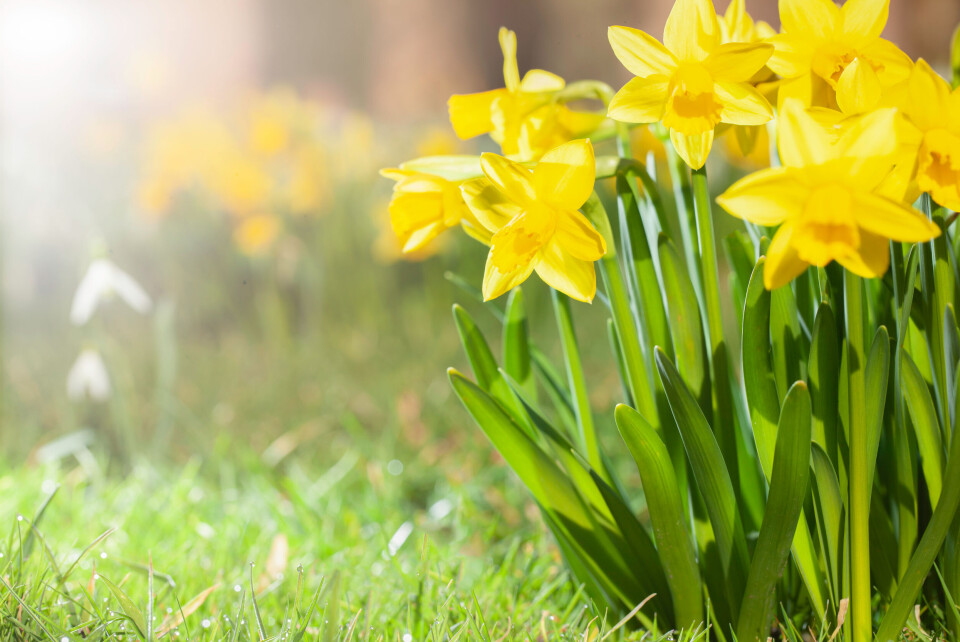-
White storks make strong return in France via nest ‘platforms’ and clipped wings
The Ligue pour la Protection des Oiseaux shares the conservation challenges in saving these birds from extinction
-
Hosting scheme in south-west France lets newcomers sample lifestyle
Households in nine Dordogne communes volunteer under Mes Nouveaux Voisins scheme
-
French boulangeries demand right for staff to work on May 1 so they can open
Artisan bakery owners can work but employees cannot, while certain industrial bakeries are allowed to remain open with workers
Why spring is not starting on March 21 this year
In fact, it will not be before the next century that spring arrives again on March 21. Here we explain why.

You might have thought spring begins on March 21.
But, according to experts in France, this year it started on Monday (March 20) at 21:24 and exactly 24s.
That is not as unusual as you might think. The official arrival of spring can be as early as March 19, says the Institute of Celestial Mechanics and Calculation of Ephemerides (IMCCE) at the Paris Observatory.
This is because it is determined by the spring equinox, which is when the sun sits directly over the Earth’s equator as it heads northward.
At this point, both the northern and southern hemispheres share the same amount of sunlight. Night and day are roughly the same length.
In the north, this marks the beginning of spring, and in the south, autumn.
The word ‘equinox’ comes from the Latin words ‘aequus’ and ‘nox’, meaning ‘equal night’.
It's the #SpringEquinox today.
— BBC Weather (@bbcweather) March 20, 2023
Here's what that means ...
Matt pic.twitter.com/rPyx2d8dln
The timing changes slightly each year because while the Gregorian calendar states that one year is exactly 365 days, the Earth actually takes 365.2422 days to orbit the Sun. The equinox also comes because the Earth is tilted on its axis.
In fact, spring has arrived on March 20 every year since 2008 and will continue to do so until 2043.
It will only arrive on March 21 twice this century and that’s already passed (2003 and 2007). The next time that it will arrive on this date is in 2102.
A full calendar of the Spring equinox for the years 1583 to 2999, compiled by the IMCCE, can be seen here (PDF).
Related articles
Spring is the season for gathering nuts and other delicacies in France
Spring nature spotting in France: clues animals and birds leave behind
























